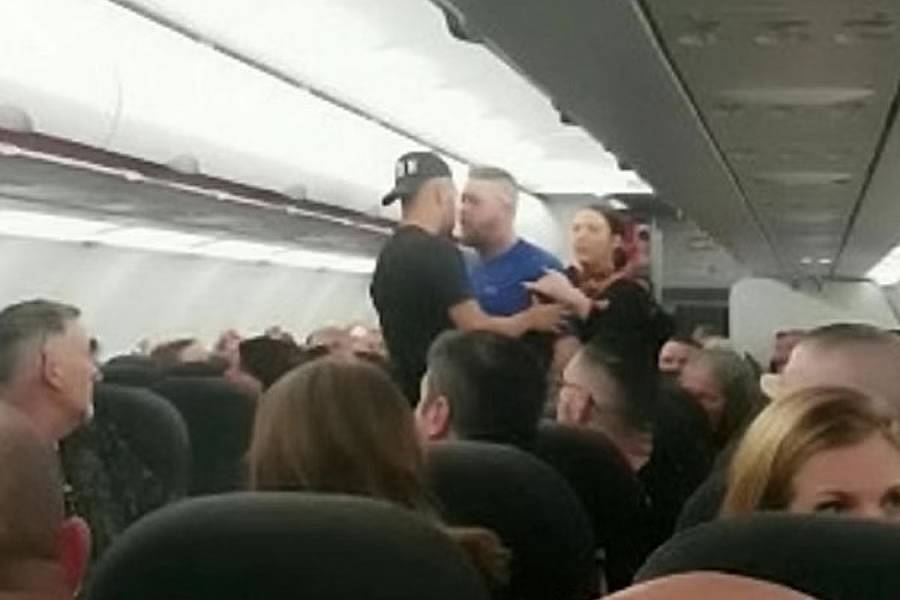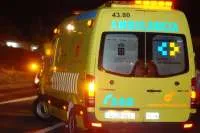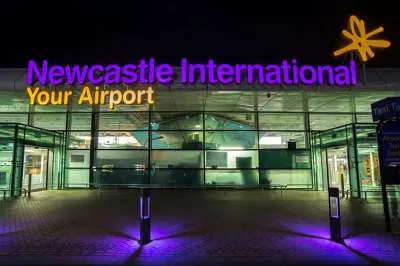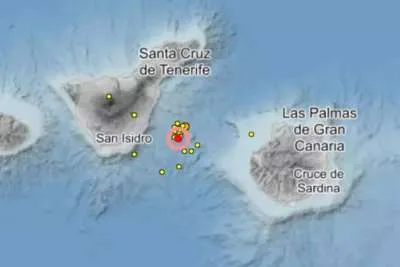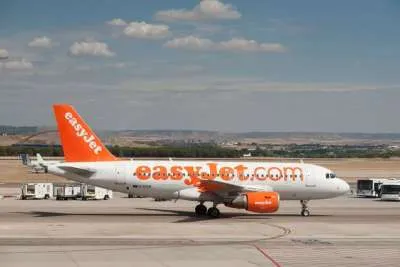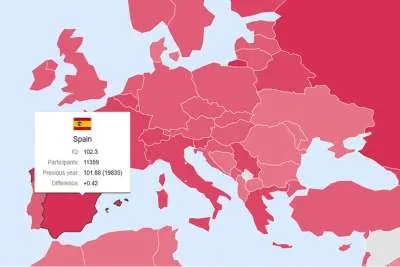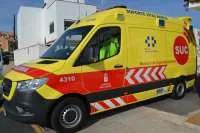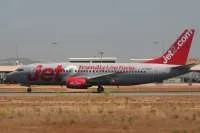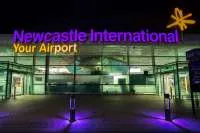Tenerife South Airport ranks third in Spain for passengers' disruptive behaviour
- 24-10-2023
- Tenerife
- Canarian Weekly
Tenerife South Airport is ranked in third spot among Spanish airports with the highest number of complaints against unruly passengers in 2023. This information comes from data provided by the Aviation Safety Agency (AESA), which highlights a "significant increase" in in-flight disturbances following the pandemic.
The agency notes that since 2016, the number of complaints filed has doubled nationwide, a situation that not only results in delays, operational interruptions, and significant costs for airlines, but also poses a serious threat to aviation and passenger safety. From January to August 2023, Canarian airports have already registered 223 such complaints.
In 2020 and the first half of 2021, the number of visitors to the Canary Islands plummeted during the pandemic. In 2022, with the recovery of flights and the tourism sector, the number of incidents increased significantly due to some passengers' refusal to wear masks on planes. According to national data collected by AESA, there were 798 complaints filed in 2016, whereas in 2022, the number soared to 1,361.
The complaints recorded in 2023 suggest that the trend remains high. From January to August, 1,014 complaints have been registered, a number that, as AESA points out, may be even higher since the Guardia Civil can still submit reports from that period. The agency also notes that this increase in incidents in the months of 2023 "is partly due to several incidents involving groups of passengers travelling on the same flight, leading to an increase in each indicator."
The report also shows that British travellers cause the most problems, with 365 complaints made against them for unruly behaviour, followed by Spanish with 177 and Germans with 83 complaints.
In recent months, Canarian airports have witnessed incidents with disruptive passengers. In late September, a flight from Manchester to Tenerife South had to be diverted to Lanzarote due to the presence of eight unruly passengers on board. Previously, between April and May, within a few weeks, five incidents occurred on flights from England to Tenerife that required police intervention.
According to AESA data, Tenerife South Airport ranks third in Spain for complaints in 2023, with a total of 132, surpassed only by Palma de Mallorca Airport with 137 and Alicante-Elche Miguel Hernández Airport with 153.
Other airports in the archipelago have also reported complaints from January to August: Gran Canaria with 42, Fuerteventura with 24, Lanzarote with 19, and Tenerife North with a total of six.
Types of Complaints and Penalties:
As explained by the Independent Union of Cabin Crew for Airline Passengers (SITCPLA), long-haul flights are more susceptible to disturbances. This is the case for the Canary Islands, which receive flights from countries like the United Kingdom and Germany, lasting approximately four hours, as well as being a high-season destination almost year-round.
AESA primarily distinguishes three common types of complaints: unruly passengers, smoking on board, and passengers disembarking before boarding the aircraft. "Incidents of this type, generally involving individuals under the influence of alcohol or psychotropic substances, include violence against the crew and other passengers, harassment, verbal abuse, smoking on board, non-compliance with safety and public health instructions, and other forms of undisciplined behaviour," the agency notes.
Alcohol is one of the main issues in aviation disturbances. In the Canary Islands, there have been cases of this kind, such as in April of last year when a flight from Heathrow to Tenerife South reported the presence of seven intoxicated passengers. SITCPLA explains that alcohol is a serious problem at airports and on planes: "You are a passenger from the moment you enter the departure lounge until you arrive at the destination. Many times, at the same airports, they are indifferent because they think that passengers will fall asleep on the plane, but the reality is different."
In addition to the expectation that passengers should show responsibility and respect the safety rules, the union emphasizes the discrepancy with Duty-Free shops: "In these stores, you can buy everything that is not allowed or should not be allowed on a flight, such as alcohol or tobacco." Although prices at airports are much higher than in regular stores, the cost of alcohol and tobacco in Canary Island terminals is even lower than in the rest of the country's airports. A recent Skyscanner study on Duty-Free prices in airports concluded that Lanzarote's Duty-Free was the cheapest among those surveyed.
According to AESA, if a drunk passenger is encountered on a flight, the protocol dictates that alcoholic beverages should not be served to that person, "as the effect is enhanced at altitude." In case of sobriety but violent behaviour, the passenger receives a warning from the pilot, and if they disregard it, the cabin crew can restrain them, even with the help of other passengers.
If the situation becomes untenable, as it happened in the Canary Islands, the flight may be diverted: "If the crew of the affected flight deems it appropriate, the aircraft can be diverted to the nearest airport to disembark the unruly passenger."
Penalties and Airlines' Measures:
These behaviours can be penalized under Law 21/2003, of July 7, on Aviation Safety. AESA explains that these disturbances are considered minor infractions, with fine ranges varying between 60 and 45,000 euros, depending on the severity of the offense. "The norm is that fines usually fall between 300 and 2,000 euros, although in some cases, higher penalties have been imposed."
Airlines can also take action against such passengers, such as using the so-called "blacklists," a tool that airlines use to ban unruly passengers from travelling on their planes in the future. However, as SITCPLA points out, in practice, this rarely happens: "There is a popular belief that passenger blacklists work, but the reality is that airlines don't want to lose customers. There is a lot of impunity and disregard for safety. If nothing is done, these people will continue to behave the same way. Their infractions should extend even to other airlines."
The union focuses on the need for more control at both destination and origin airports, as well as greater communication between terminals. Furthermore, it underscores the importance of increased cooperation among institutions, as many organizations are involved in airport management.


